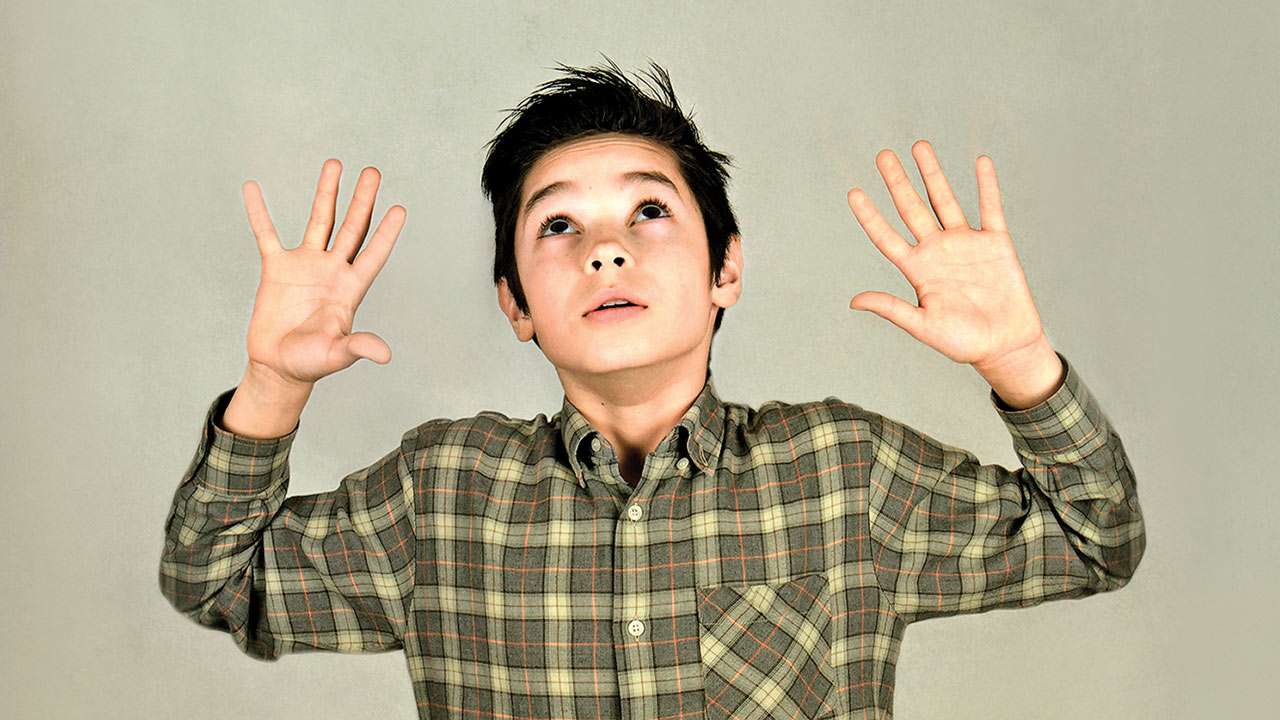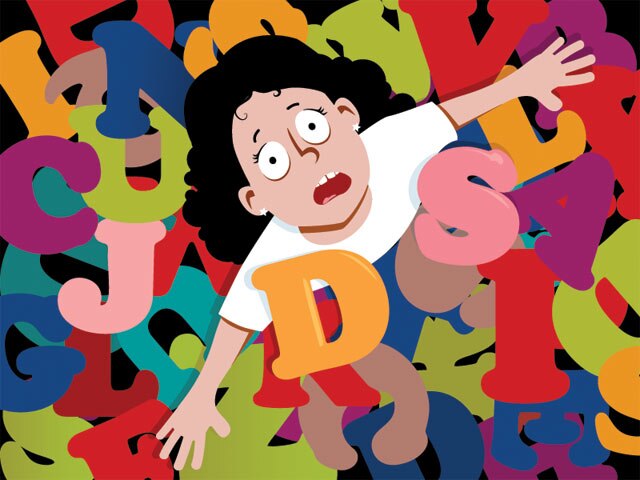
Some years ago, 13-year-old Mumbai resident Neha* visited a mall with her elder sister. Their jolly mood was quickly dampened after a few passers-by asked some insensitive questions about Neha’s disability. Once home, the young girl had evidently lost her self-confidence. “She began wondering why those people said what they did. Even today, she often feels that she has some problem,” says her sister, who is a media professional.
Neha is one of the estimated 2.5 million Indian children with Cerebral Palsy, a group of disorders that affect motor movement as a result of brain damage. The incident that took place is yet another reminder of the lack of sensitisation over Intellectual and Developmental Disabilities (IDDs) among the average Indian populace.
While there is no conclusive definition, the American Association on Intellectual and Developmental Disabilities considers Intellectual Disabilities as “significant limitations in both intellectual functioning and in adaptive behaviour, which covers many everyday social and practical skills”. On the other hand, Developmental Disability is considered an umbrella term that includes physical as well as cognitive disabilities. More often than never, both are clubbed by researchers.
While there is no accurate data available on the number of Indians with IDDs, it is estimated that at least 3 per cent of India’s current population (roughly 130 crores) may be facing some form of IDD. Yet, people with IDDs have largely been excluded from India’s mainstream narrative, which also explains the lack of sensitisation.
Hiral Shah, a Special Educator for children with autism, faces an ethical dilemma whenever someone outside of her immediate family asks about her work. “Not many Indians understand the issues people with IDDs face. It’s only when I crassly put it ‘pagal baccho ko padhati hoon’ (‘I teach mad children’) that many understand,” she says, lamenting her use of the offensive term. Her dilemma, however, underlines Indian society’s gross misrepresentation of IDDs as “mental illness”.
Ignorance about IDDs does not stop here. Many people blame bad parenting for the Intellectual Disability of a child. Dr Vibha Krishnamurthy, Co-founder of Ummeed Child Development Center dismisses such a flawed view. “These disabilities are not [always] visible [at the time of birth]. So many blame parents for not bringing up their children properly,” she says, adding what people fail to understand is that intellectual disabilities that have nothing to do with parenting but with complex genetic and physical nuances.
Dr Mithu Alur, Founder of Mumbai-based ADAPT, blames historical prejudice for the continuing exclusion of the disabled population. “The stigma attached with disability is so entrenched that exclusion is now institutionalised by the state and the society,” adds Alur, pointing to the paucity of disability services in public spaces.
Activist and self-advocate Jeeja Ghosh, too, feels that Indian society is still not very accepting of people with disabilities. “We are expected to conform to society. If we don’t, then we are not considered a part of it,” says Ghosh, who was once forcibly deboarded from a flight for her disability – Cerebral Palsy.
In India, one cannot overlook fatalism contributing to the negligence of people with intellectual disabilities. Several pieces of research in the past have also listed ‘bad karma’ as a factor that influences families to accept disability and not seek corrective measures. In fact, a 2001 research by Raymond Lang of UCL claims that the notion of karma may be hindering the development and implementation of Community-Based Rehabilitation (CBR).

Dasra, a strategic philanthropy organisation in Mumbai, in association with Bank of America Merrill Lynch, released a report on March 8, 2019, titled Count Me In: Building An Inclusive Ecosystem for Persons with Intellectual and Developmental Disabilities. The report acknowledges the commendable work being done by various NGOs in the IDDs sector. At the same time, it also highlights the overdependence on such NGOs for providing basic rights like education and healthcare, which ideally should be the responsibility of the government.
Moreover, the report exposes the lacunae in the sector and urges a more cohesive and structured ecosystem to address the needs of people with IDDs. “The quality of services will also improve if the sector promotes sharing and learning from best practices and challenges faced by other organisations and service providers,” the report recommends.
Meanwhile, sensitisation of the society towards people with disabilities – IDDs included – will be a long process. Ghosh asserts that it must begin in childhood: to inculcate the importance of celebrating inclusion and diversity by mingling them with others who are disabled. “People like me should not be treated as victims. The problem lies with the system, which needs to change,” she says.
Dr Alur, on the other hand, laments about the systematic exclusion of children with disabilities from the schooling system, “All big schools are only concerned about grades. They fear that the grades may go down if they admit students with IDDs,” she says. She suggests providing incentives like extra points to schools admitting children with IDDs as a possible solution.
While many discussions on the issues facing IDDs revolve around education and healthcare, the question of employment remains largely unanswered. Needless to say, people with IDDs have generally faced exclusion from the workforce.
However, NGOs like Amba, led by Sugandha Sukrutaraj, have been at the forefront of integrating people with IDDs into the workforce. Using the power of information technology, the Bengaluru-based NGO has been able to provide jobs to over 600 people in the last three years. “We focus on giving them jobs that concentrate on visual data entry or provide backend support for Artificial Intelligence services. IT has revolutionised the way we train them,” Sukrutaraj says, adding that 8,000 people, who are under training right now, will soon join the workforce.
While she strongly believes that bringing people with disabilities into the workforce will bring a social change and greatly diminish their stigmatisation, Sukrutaraj is also aware of the reservations. “People with IDDs have limitations that we need to understand. Companies will think before taking a giant leap of faith to hire someone with an intellectual disability,” she says.
Finally, activists feel the need for consolidated efforts, as highlighted by the Dasra report. “What we need is collective action involving various stakeholders including the government. We need sustained efforts to gain momentum. Sadly, there is infighting in our movement,” says Dr Krishnamurthy. Speaking on similar lines, Dr Alur urges the government to take the lead and not depend only on advocacy by NGOs. “Since the disability sector is fragmented, we lack the critical mass that can force the government to take positive actions benefiting the disabled community.”
*Name changed